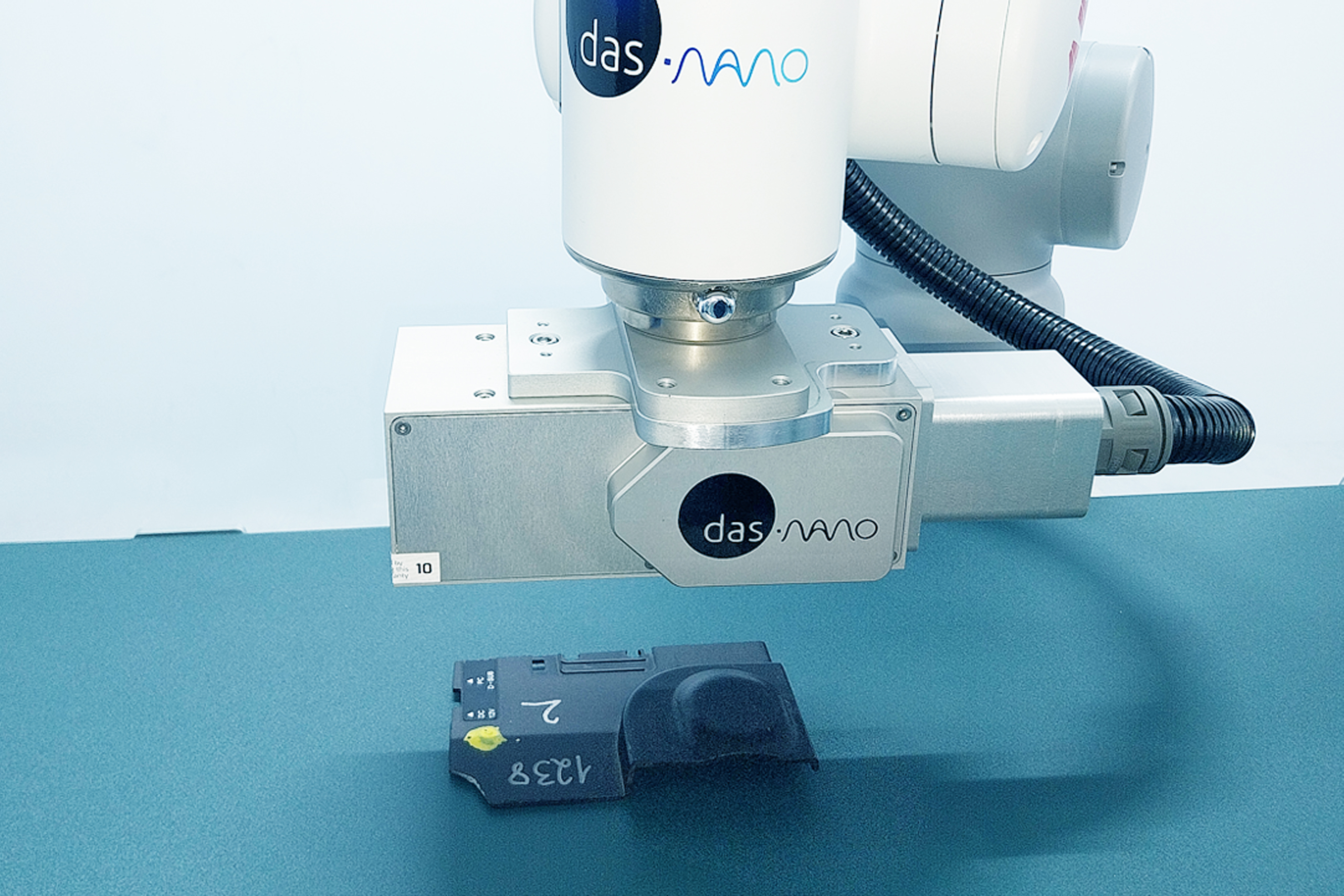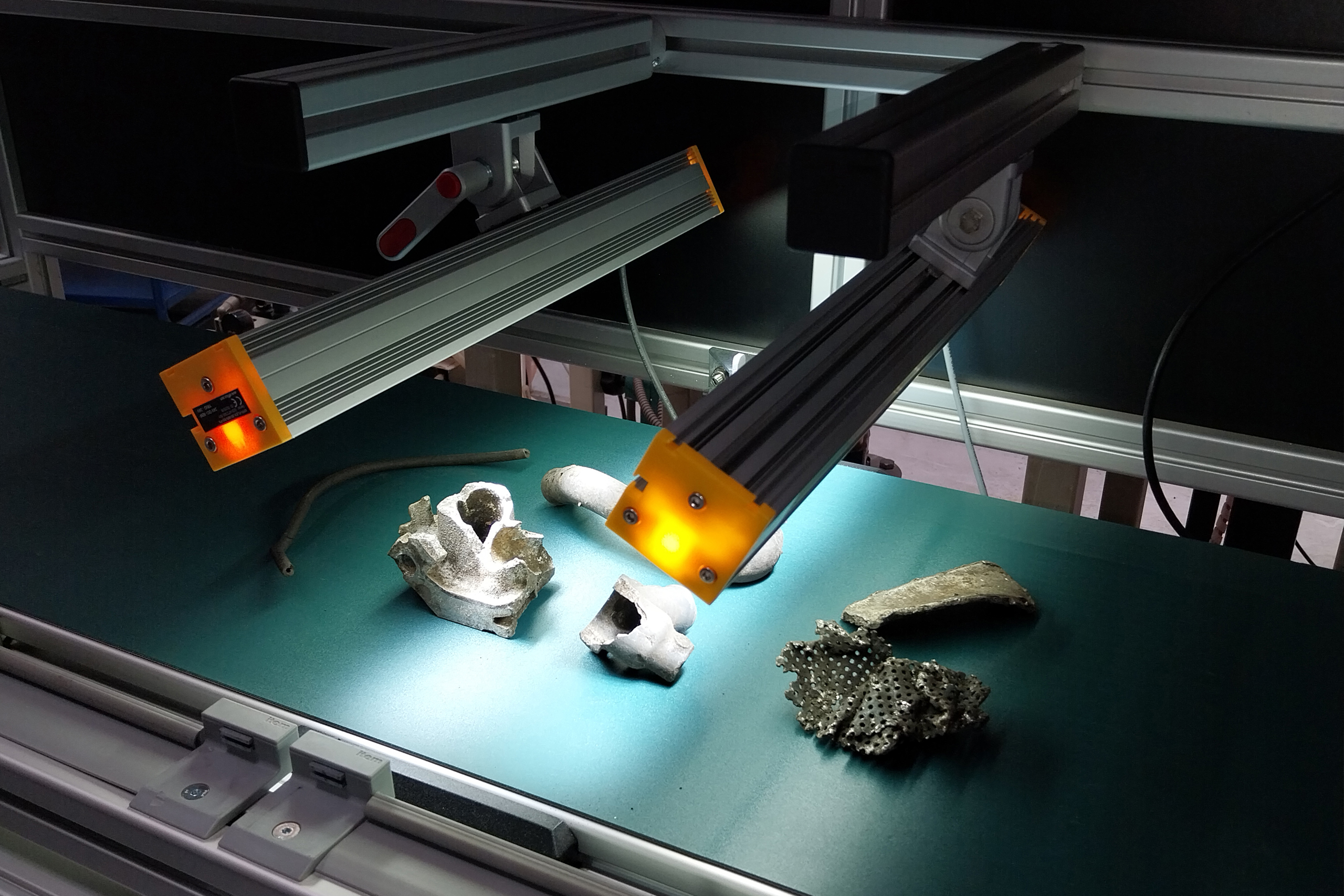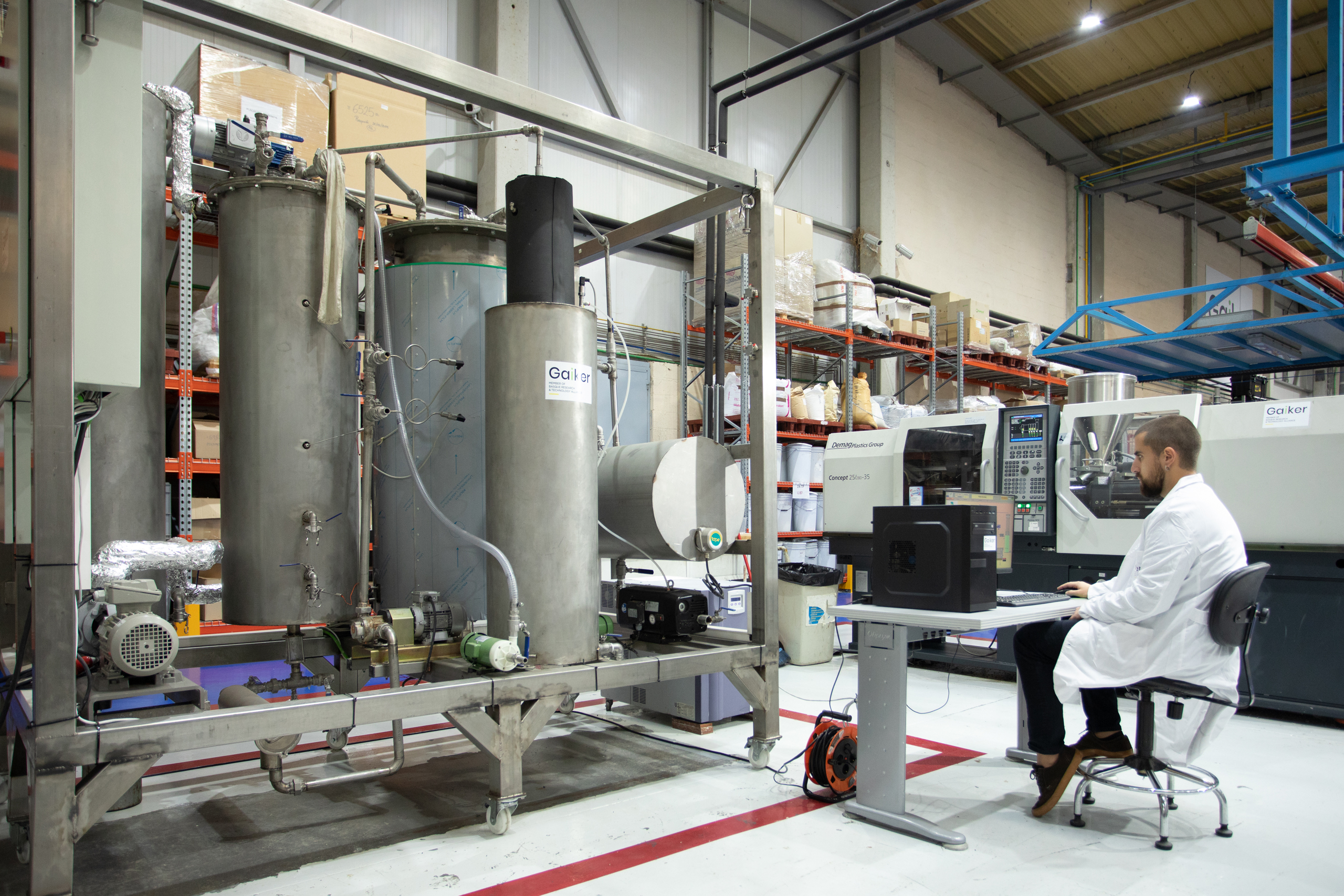The innovative 100% compostable film and packaging solution by Bioplastics4health SL has been developed with the contribution of GAIKER technology
Faced with the growing environmental challenge of fossil plastic waste, Bioplastics4health SL (B4H) presents an innovative solution: 100% compostable films and packaging made from PHBV, a biopolymer that is derived from potato starch. Based on exclusive technology partially developed by the GAIKER technology centre, and with initial industrial production in Germany, it has plans for expansion in the Basque Country, where B4H is expected to address the lack of industrial capacity in Europe for this compostable material, which is key to the circular economy.
According to Plastics Europe (2024), bioplastics only account for 0.6% of the more than 400 million tonnes of plastics produced globally. Production is expected to increase to 7.7 million tonnes by 2029 (annual rate of 14%), driven by regulations such as the EU Single-Use Plastics Directive and demand for sustainable packaging. The benefits of PHBV include the fact that it is home compostable, as opposed to industrial compostable, such as PLA; as well as its higher thermal resistance and lower environmental impact.
With an initial investment of €700k and a B2B model, B4H is planning an initial capacity of 2,840 tonnes per year and projects a turnover of €10.3 million in 5 years, covering part of a growing European market. Phase 2 of the company has already begun the search for public-private funding for a future plant in Spain, aligned with EU sustainability regulations and allowing it to supply part of the Spanish and European agri-food market.
Some of the investors in this first round include lead investor TranXforma Food, S.L., as well as RAISA Film de Polietileno,S.A., an investment group led by chef Iñaki Andradas, and the GAIKER Technology Centre. A group of small investors from the agri-food sector have also provided capital with a convertible note. B4H has taken out a €180k loan from ENISA’s Agroinnpulso programme and received grants from the Provincial Council of Bizkaia and the Basque Government’s Basque Business Development Agency (SPRI).



